This article originally appeared on The Conversation. You can read it here.
Why do Americans say "bay-zle" and the English say "baa-zle"? – Sly M., age 6, Cambridge, Massachusetts
A person's voice is like their fingerprint. Everyone talks differently, and everyone's voice is unique.
Some of these linguistic differences are because of how our individual bodies are shaped, especially the size of our vocal cords and tracts.
Our families, our friends and other people in our communities also influence how we talk. I study language, literacy and culture, and I've found that how we use language – including accents – is a way of showing who we are.
Why we have accents
We develop different accents because of whom we interact with and where we grow up.
An accent is how a person sounds. Kids who grow up in Australia develop Australian accents. Kids who grow up in England develop British accents. And kids who grow up in the United States develop American accents. Everyone has an accent.
When we pick up on another person's accent, it means we are identifying clues in their pronunciation that tell us something about who they are. These differences can be as small as a single sound, but we often spot them right away.
For example, in the U.S., the word "basil" is pronounced "bay-zle." But in England, it is pronounced "baa-zle," like the word "dazzle." In the U.S., "schedule" is pronounced with a "sk" sound at the beginning, but in England, it's pronounced with a "sh" sound.
There are also spelling differences, like "theatre" in England versus "theater" in the U.S., and word differences, like "aubergine" in England versus "eggplant" in the U.S.
Across the country
There are also linguistic differences within countries. Not all people from England sound the same, and the same goes for people from the U.S.
In my own research, I study differences in English spoken in the U.S. In the Great Smoky Mountains, you might hear the word "fire" pronounced like "far," and "tire" pronounced like "tar." In the U.S. South, the words "bide" and "ride" tend to sound more like "bad" and "rad."
And in the city of Baltimore, you might hear some African American residents pronounce "dog" as "dug," and "frog" as "frug."
Even in a globally connected world, where it is easier to meet people from other countries than ever before, the way we talk still represents who we are.
So be proud of your vocal fingerprint. A kaleidoscope of languages and accents helps make our world a culturally rich and exciting place.
Christine Mallinson is Professor of Language, Literacy and Culture and Director of the Center for Social Science Scholarship, University of Maryland, Baltimore County





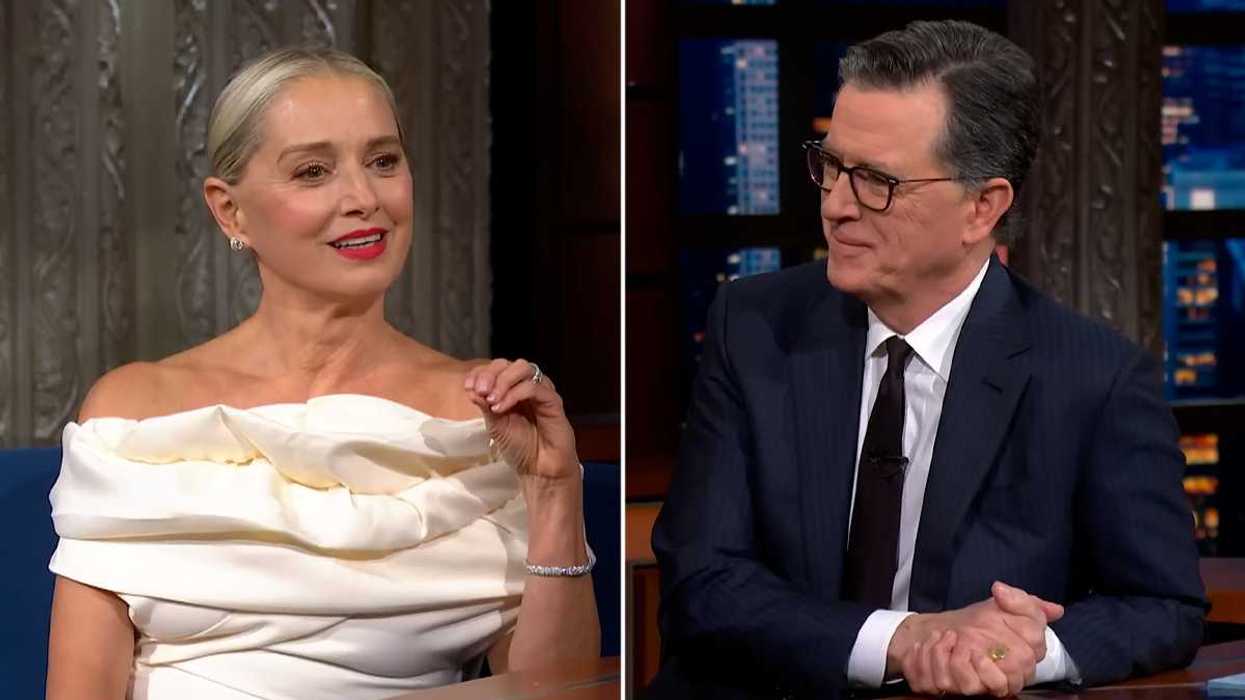

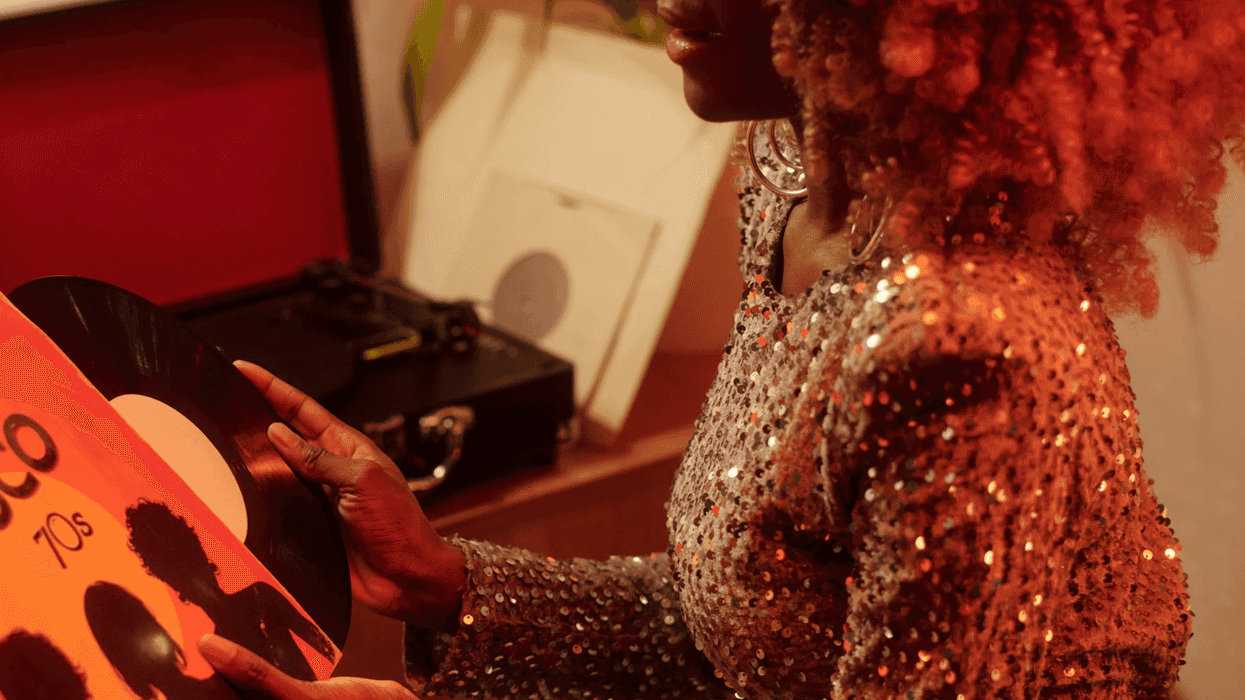








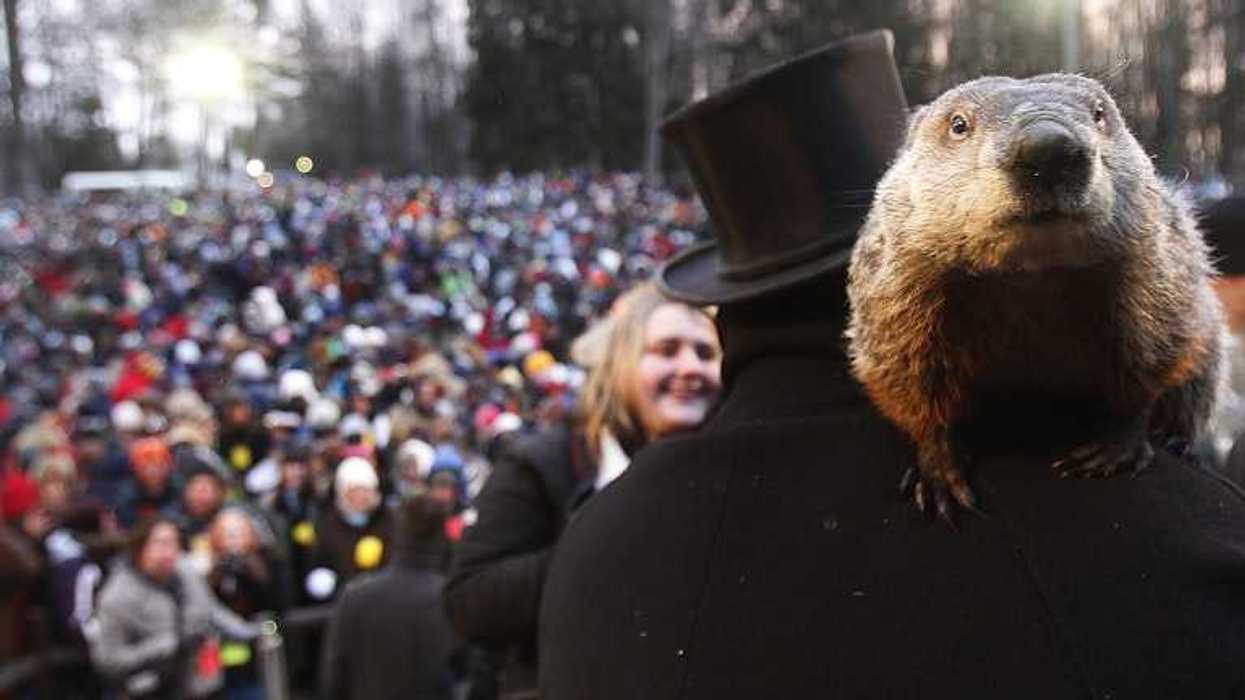
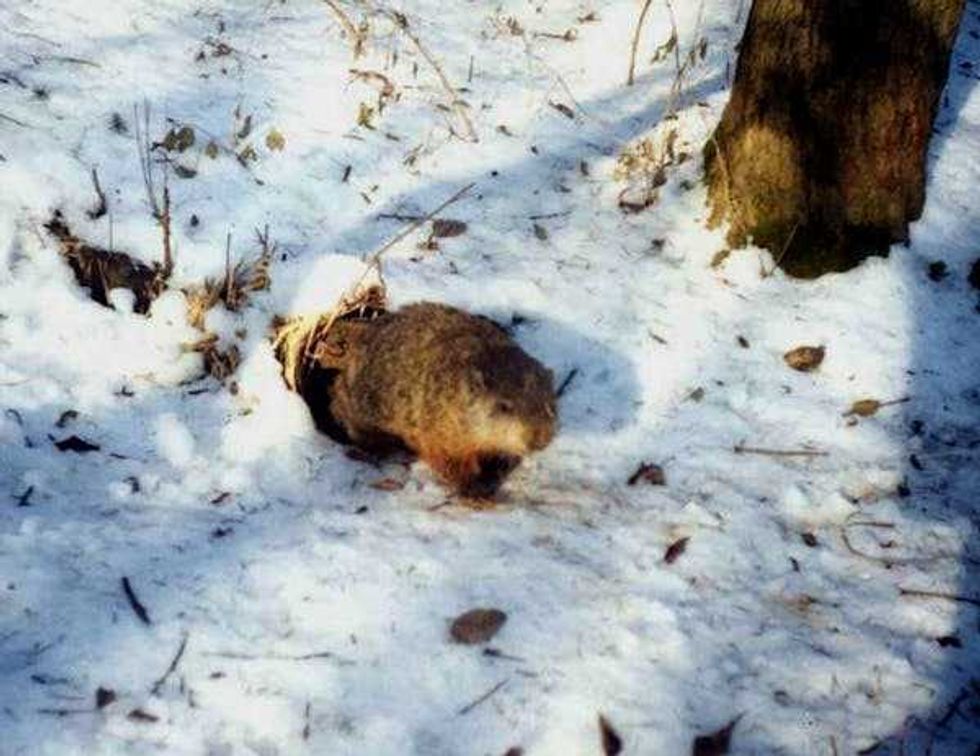 Female groundhog emerging from her burrow in late January.Stam Zervanos, Author provided
Female groundhog emerging from her burrow in late January.Stam Zervanos, Author provided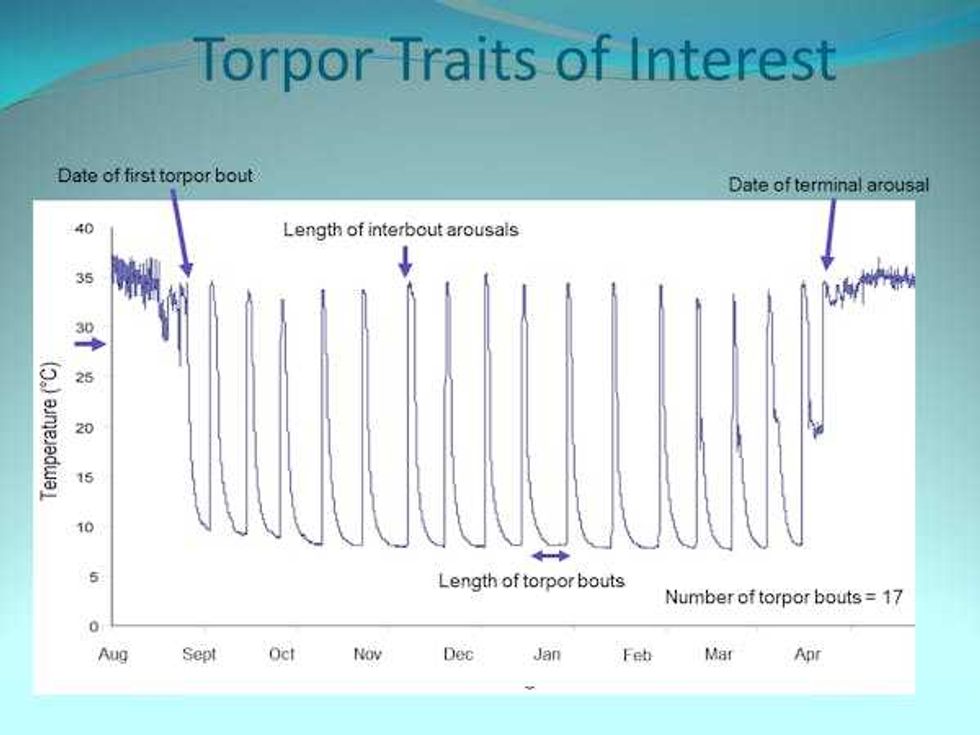 This Maine groundhog had 17 torpor bouts where body temperature went up and down.Stam Zervanos, Author provided
This Maine groundhog had 17 torpor bouts where body temperature went up and down.Stam Zervanos, Author provided Male groundhog (on the right) greeting a female groundhog for the first time after they emerge from their separate burrows.Stam Zervanos, Author provided
Male groundhog (on the right) greeting a female groundhog for the first time after they emerge from their separate burrows.Stam Zervanos, Author provided
 A beluga whale frolicking in the oceanCanva
A beluga whale frolicking in the oceanCanva 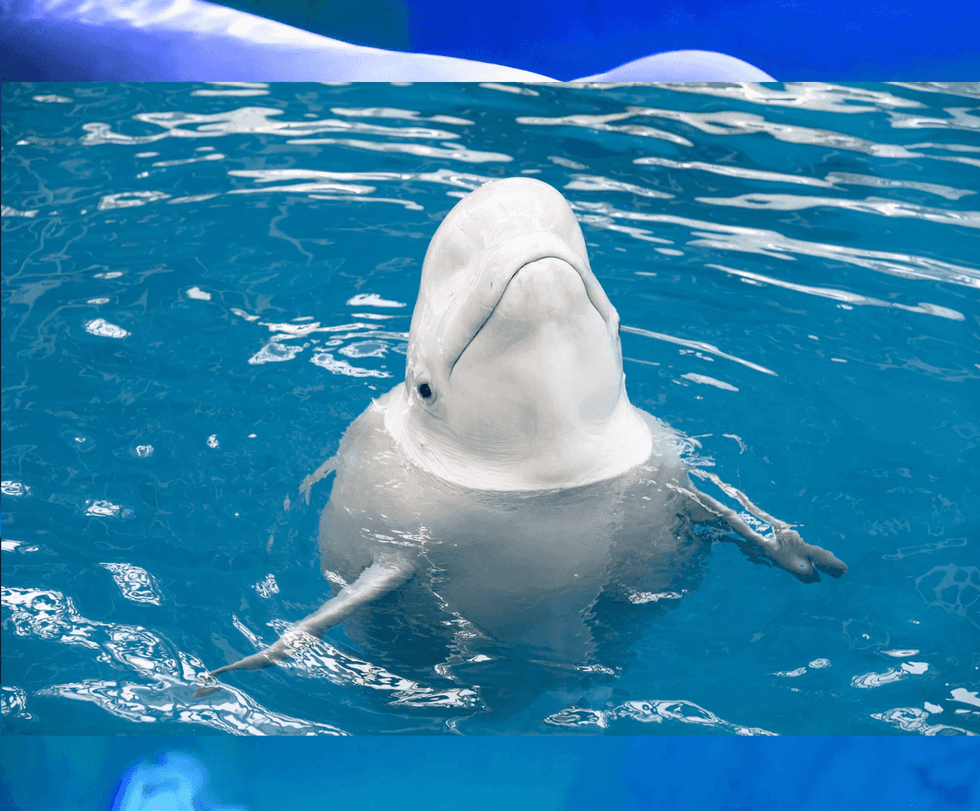 A beluga whale pops up from the waterCanva
A beluga whale pops up from the waterCanva 
 A woman sits in a new car at a dealershipCanva
A woman sits in a new car at a dealershipCanva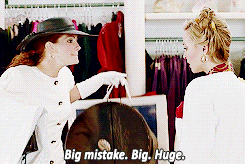 GIf from 'Pretty Woman' of Roberts saying "BIg mistake. Big. Huge." via
GIf from 'Pretty Woman' of Roberts saying "BIg mistake. Big. Huge." via 
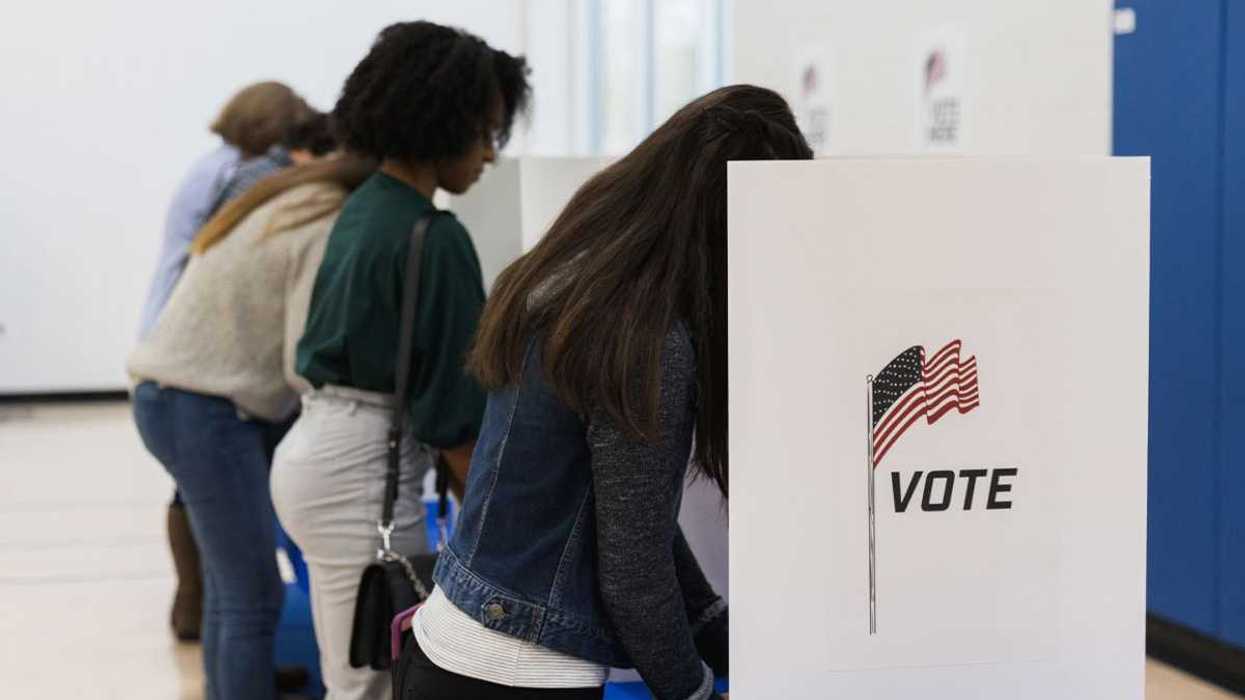 People voting. Photo credit:
People voting. Photo credit:  Young women rally. Photo credit:
Young women rally. Photo credit:  Tressie McMillan Cottom.Tressie McMillan Cottom/
Tressie McMillan Cottom.Tressie McMillan Cottom/ 
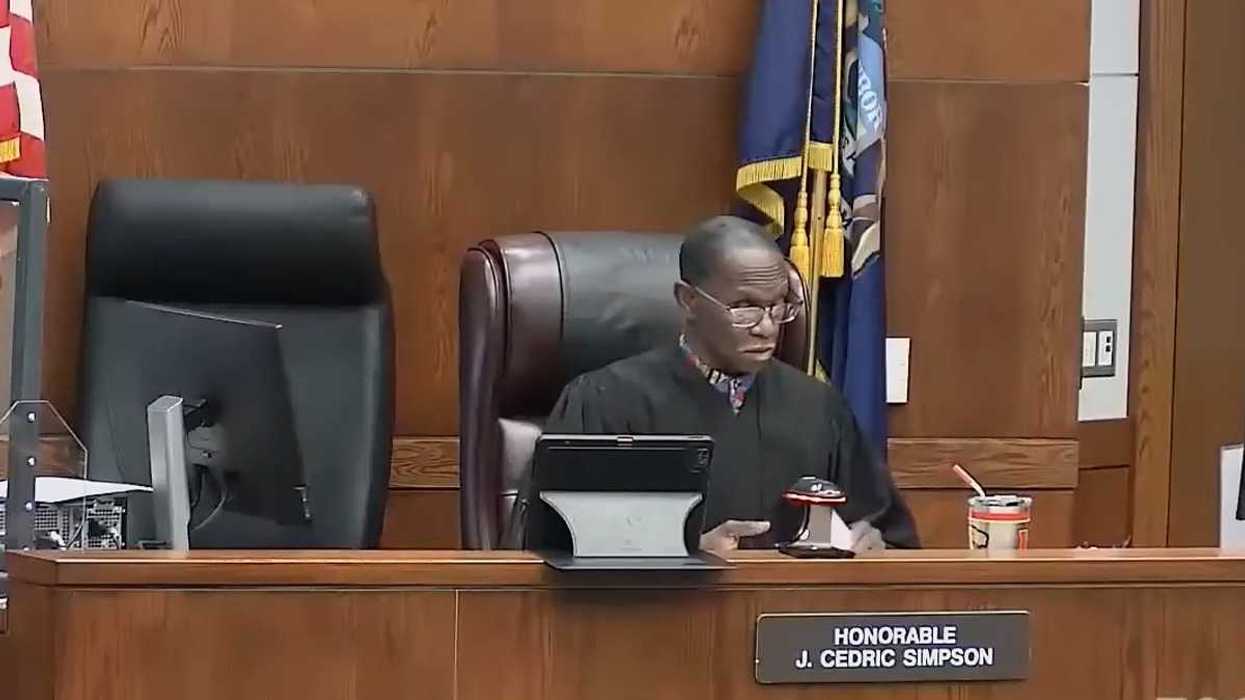 Honorable J. Cedric Simpson at work in the courtroom.Image from
Honorable J. Cedric Simpson at work in the courtroom.Image from 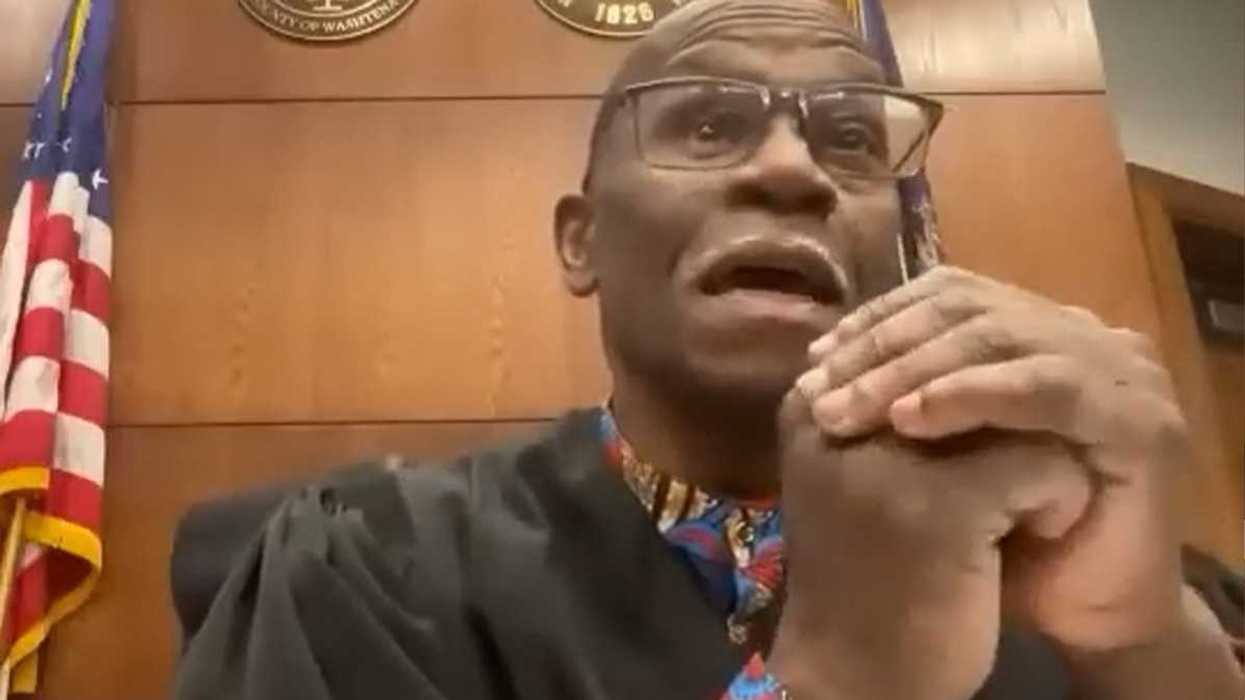 A close up of Judge Simpson.Image from
A close up of Judge Simpson.Image from 
 Siblings engaging in a pillow fightCanva
Siblings engaging in a pillow fightCanva